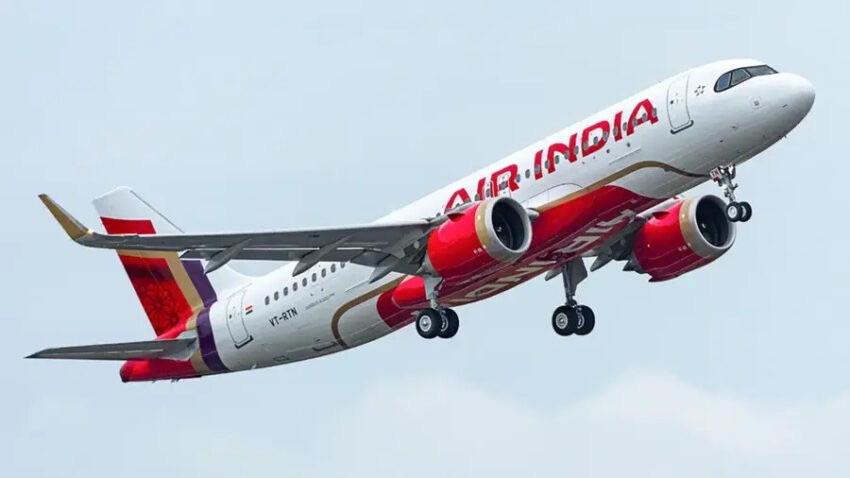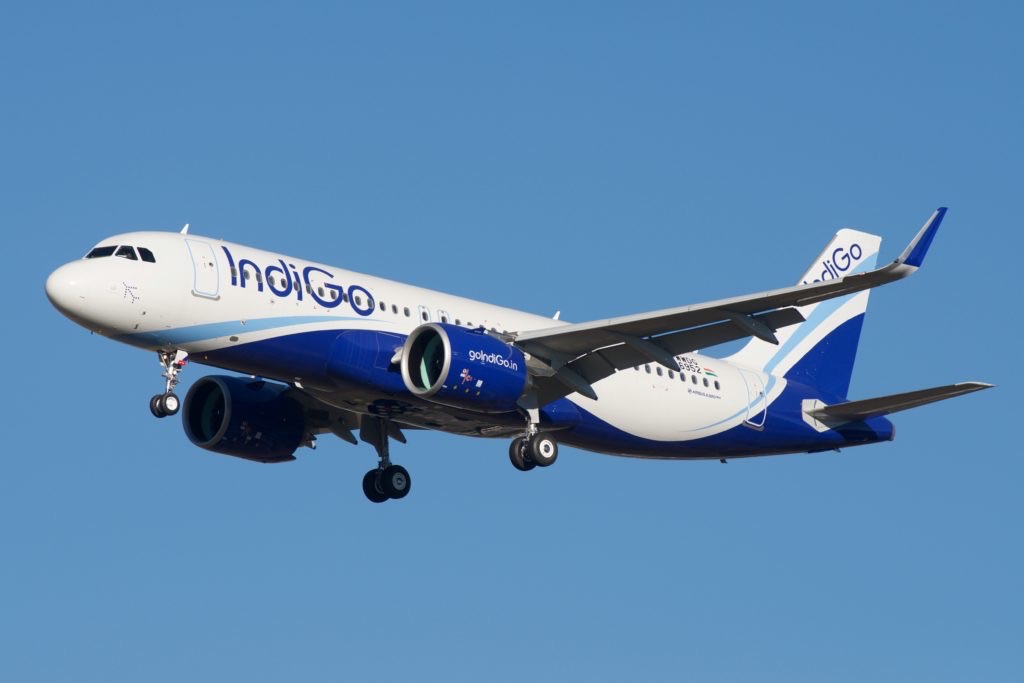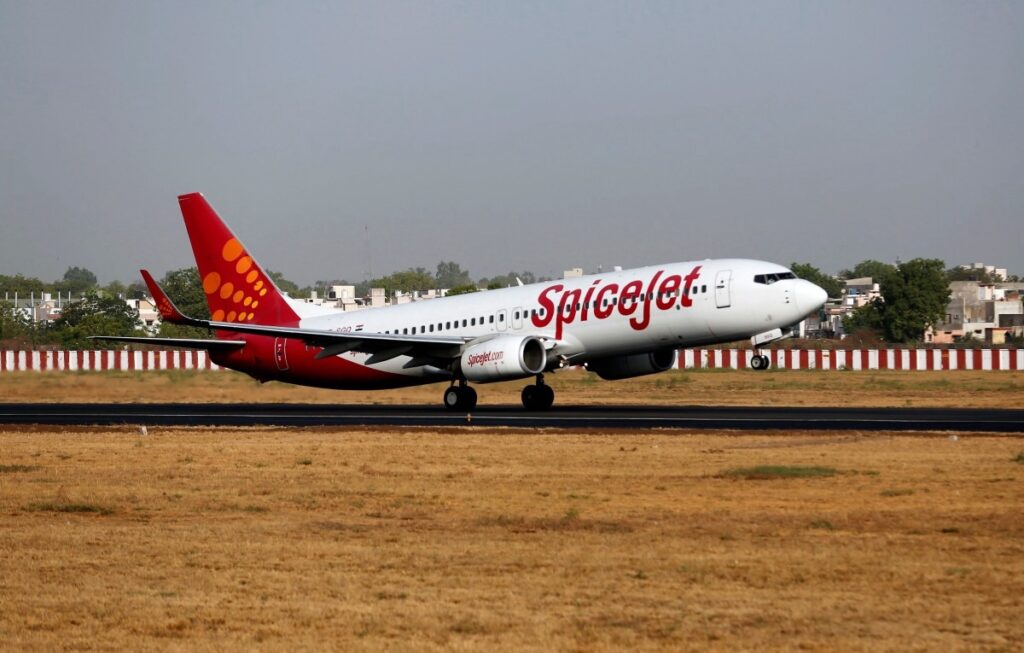Air India, IndiGo, and SpiceJet are currently encountering a significant crisis regarding their pilot workforce, as the remarkable boom in India’s aviation sector could very well come to a standstill if there is not an influx of 30,000 new pilots to meet the soaring demand; this troubling prediction emerges at a time when the nation is gearing up to receive approximately 1,700 new aircraft, and industry experts are issuing dire warnings that without an extensive increase in both pilot training and recruitment efforts, the expansion of flights, along with the influx of tourists and hotel occupancy rates, may experience severe disruptions that could jeopardize the entire sector.
India’s aviation industry is experiencing unprecedented and rapid growth, as the nation continues to place orders for a multitude of new aircraft to satisfy the surging needs of a flourishing economy coupled with a rise in tourist traffic; however, lurking beneath this impressive growth is a critical crisis that poses a significant threat to the industry’s stability—a pronounced shortage of qualified pilots. As airlines such as Air India, IndiGo, and SpiceJet endeavor to expand their fleets in order to accommodate the increasing number of passengers, the demand for skilled pilots is escalating to alarming levels, presenting a formidable challenge that not only impacts the aviation sector itself but also carries far-reaching consequences for the tourism and hospitality industries throughout the country.

Air India, IndiGo, and SpiceJet are facing challenges in meeting the rising demand due to a pilot crisis
India, recognized as one of the most rapidly expanding aviation markets on the global stage, is presently positioning itself to become a major hub for both international and domestic travel endeavors; however, in order to adequately address the burgeoning demand that is being generated by its swift aviation advancements, the country will require an additional 30,000 pilots over the next 15 to 20 years. This article aims to investigate the ramifications of the pilot shortage on India’s various airlines, explore the repercussions for the hospitality and tourism sectors, and ultimately analyze what this situation signifies for travelers. We will thoroughly examine the specific obstacles that Air India, IndiGo, and SpiceJet are currently grappling with, as well as how this alarming shortage is impacting services and experiences that are vital for tourists.
As we look ahead to the year 2024, it is evident that India is in the midst of an aviation boom, with Air India, IndiGo, and SpiceJet actively working to enhance their operations to accommodate the ever-increasing number of travelers flocking to the nation; for instance, Air India has taken a significant step by placing an order for 1,700 brand new aircraft in order to grow its fleet, while IndiGo and SpiceJet are also making substantial progress in this regard. Nevertheless, despite the ambitious expansion plans reflected in their large order books, these airlines are grappling with a critical shortage of pilots that stands to hinder their growth trajectory significantly.
At present, India boasts a mere 8,000 active commercial pilots, and alarmingly, roughly 25 to 30 percent of these individuals are not engaged in active flying duties; with the impending arrival of 1,700 new aircraft, the country will find itself in dire need of an additional 30,000 pilots to fulfill the staffing requirements necessary for flight crews. Airlines are under immense pressure not only to recruit and train new pilots but also to enhance the infrastructure that underpins the growth of the aviation industry, resulting in a constricted bottleneck that could potentially lead to flight delays, cancellations, and extended waiting periods for passengers seeking air travel.

For travelers, this shortage of pilots may lead to significant disruptions. The surge in flight demand coupled with a lack of available pilots could lead to flight cancellations, delays, or even temporary route suspensions. Air India, IndiGo, and SpiceJet are diligently working to address these challenges, yet the issue remains, leaving the airline industry in search of effective solutions.
The hospitality sector is feeling the impact: rising demand meets limited availability
As the aviation industry in India expands, the hospitality sector is witnessing a surge in demand. An increase in flights translates to more tourists, both from within the country and abroad, visiting India’s prominent cities, hill stations, and coastal resorts. However, the pilot shortage poses a significant threat to this burgeoning tourism ecosystem. While a larger influx of tourists is expected, the lack of flights may result in some destinations experiencing fewer visitors than initially projected.
Hotel occupancy rates have surged, especially in major tourist hotspots like Delhi, Mumbai, Goa, and Jaipur. The hospitality industry is projected to thrive, experiencing elevated occupancy levels across both luxury and budget accommodations. However, the strain on hotel services, particularly during peak travel seasons, is intensifying. Delays or cancellations caused by the pilot shortage could lead to dissatisfied travelers who are unable to arrive at their destinations on schedule, which may subsequently impact hotel bookings, tour arrangements, and local tourism revenue.

The implications for tourists: travel delays and cancellations
For the average traveler, the predominant concern stemming from the pilot shortage is the likelihood of travel delays and flight cancellations. Air India, IndiGo, and SpiceJet are among the largest carriers in India’s aviation sector, and their growth is intricately linked to the expansion of the country’s tourism market. However, the challenge of adequately staffing flights may lead to longer waiting times at airports or require tourists to be rerouted to different flights.
Navigating the complexities of India’s aviation expansion
India’s aviation sector is experiencing rapid growth, driven by Air India, IndiGo, and SpiceJet. Nonetheless, the ongoing pilot shortage presents a genuine challenge that could hinder the development of the country’s aviation infrastructure. For tourists, this situation poses the potential for flight delays, cancellations, and logistical hurdles. To navigate these challenges, travelers should plan in advance, maintain flexibility, and select airlines that provide adaptable ticketing options.

As India’s hospitality sector flourishes alongside the aviation industry, travelers will discover an array of accommodation and service options. The essential approach to enjoying a hassle-free vacation in India during this growth phase is to plan meticulously, stay updated on flight statuses, and prepare for possible travel interruptions.
For all aviation-related guidance (DGCA ground classes, pilot training, cabin crew training)
Contact us https://contrail.in/
phone numbers +91 78457 69399


